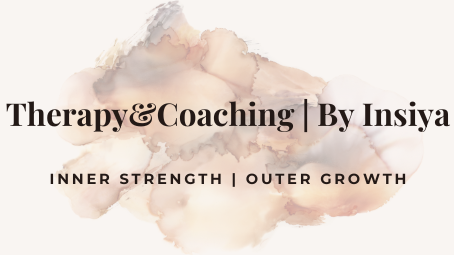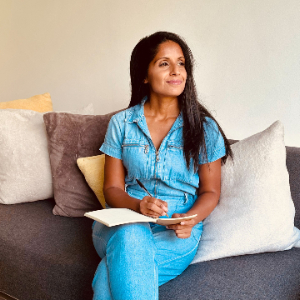Life on autopilot: How to break free from busyness

Have you ever driven home, parked the car, and realised you can’t remember half the journey? Or sipped your morning coffee, only noticing it was gone when the cup was empty?
These moments highlight how quickly life can tip into autopilot without us even noticing.
Modern life sweeps us along. There’s always another email, another ping from our phone, another job to squeeze in before bed. We rush from one thing to the next, convinced we’re being productive, yet often end the day feeling strangely drained.
Busyness has become the badge of honour of our age. But behind the full calendars and constant notifications, the real cost is disconnection: from ourselves, from each other, and from the meaning in our lives.
What does autopilot look like?
From a counselling perspective, autopilot is our brain’s way of conserving energy. It creates shortcuts and habits so we don’t have to think through every small task. That’s helpful when brushing our teeth, but less helpful when it seeps into how we live whole days, weeks, or years.
Some common signs of autopilot include:
-
Reaching for your phone before you’ve even got out of bed.
-
Saying “yes” automatically to requests, without checking in with your own needs.
-
Eating, working, commuting, all while your mind is elsewhere.
The trouble is, when we’re always on autopilot, we stop being truly present. Life becomes a blur of routines rather than a series of moments. We lose touch with what we feel and what we actually want.
Viktor Frankl, psychiatrist and Holocaust survivor, put it beautifully:
“Between stimulus and response there is a space. In that space is our power to choose our response. In our response lies our growth and our freedom.”
Autopilot steals that space. Awareness gives it back.
Living in the distraction economy
Autopilot is fuelled by distraction. And distraction today isn’t just accidental, it’s engineered. Social media, apps, and advertising are all designed to hook us. Every ping or notification pulls us out of our own moment and into someone else’s agenda.
At first, distraction feels harmless: a quick scroll, a glance at the inbox, a TV show in the background. But layer after layer, it fragments our attention.
And that fragmentation has a cost:
-
We find it harder to focus deeply.
-
We struggle to listen fully to others.
-
We miss the subtle signals from our own body and emotions.
Distraction robs us of depth. And when life feels shallow, we often pile on more busyness to fill the gap, which only deepens the cycle.
The hidden cost of busyness
Ask someone how they are, and you’ll often hear: “Busy!”, as if it’s proof of being valuable.
But relentless busyness comes at a cost:
-
Emotional: anxiety, irritability, and a sense of disconnection.
-
Physical: exhaustion, poor sleep, and stress-related health issues.
-
Relational: being there in body but not really present with the people we love.
From a therapeutic lens, busyness can even act as avoidance. If I keep working, rushing, filling every gap, I don’t have to sit with uncomfortable feelings, the sadness I’ve buried, the questions I don’t want to ask. But avoidance only works for so long. Eventually, it surfaces as burnout, illness, or that quiet whisper: Is this really all there is?
Small shifts back to awareness
Instead of trying to overhaul everything at once, begin with practical, less predictable shifts that meet you where you are:
-
Switch task rituals: Before diving into the next item on your to-do list, pause for one deliberate breath. It breaks the momentum of autopilot.
-
Redefine “productive breaks”: Try five minutes of stillness, not scrolling. Let your brain idle the way it does when your best ideas often come.
-
Micro check-ins: Set an alarm once or twice a day, not to remind you of tasks, but to ask yourself: What am I feeling right now?
-
Single-task an ordinary action: Choose something mundane, closing your laptop, washing your hands, making tea, and do it with full attention.
These aren’t about slowing life down dramatically, but about sprinkling depth back into the everyday.
Why it helps to slow down together
It’s easier to stay on autopilot when everyone else is rushing too. But it’s also easier to slow down when we’re supported.
Imagine if we normalised saying things like:
-
“I turned my phone off for an hour.”
-
“I said no so I could rest.”
-
“I chose not to multitask today.”
They may sound small, but they push back against the culture of busyness and remind us that being human isn’t about output, it’s about presence, meaning, and connection.
An invitation to pause
Modern life makes it incredibly easy to drift into autopilot. But you can choose presence, moment by moment. Notice the taste of your food. Hear the tone in a friend’s voice. Catch the light outside your window.
These small flashes of awareness add up. They’re how you move from simply getting through life to truly living it.
Sometimes, slowing down on your own can feel impossible; counselling can be a quiet space to simply notice and reconnect with yourself.
So ask yourself: What’s one small thing I can do today to feel more present in my own life?




